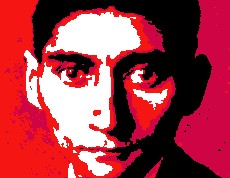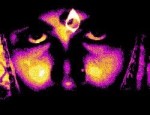Biography: life and films

Claude Pinoteau's directing career didn't begin in earnest until 1973, when he helmed the successful thriller Le Silencieux, the first of four collaborations with the actor Lino Ventura. Pinoteau and Ventura worked together on two subsequent thrillers - L'Homme en colère (1979) and La Septième cible (1984) - and a comedy-drama on the theme of inter-generational conflict, La Gifle (1974), which received the Prix Louis-Delluc. Pinoteau visited the theme of this film in his subsequent La Boum (1980) and La Boum 2 (1982), which both attracted an audience in excess of four million and made Sophie Marceau an overnight star. These two films were co-scripted with Danièle Thompson, who also collaborated with the director on L'Etudiante (1988), another successful launch vehicle for Marceau.
The two genres that Pinoteau favoured were thriller and comedy. In the latter, he was well served by Yves Montand in Le Grand Escogriffe (1976) and Jean-Pierre Darroussin in Cache cash (1994). In his later years, the director ventured into more serious, dramatic territory, first with La Neige et le feu (1991), a wartime romance starring Vincent Perez and Géraldine Pailhas, and then with Les Palmes de monsieur Schutz (1997), a period piece with Isabelle Huppert playing Marie Curie. This was Pinoteau's last work for the cinema. Subsequently, he made a documentary on Abbé Pierre for French television and scripted some episodes of the popular French mini-series La Bicyclette bleue (2000). He died in Neuilly-sur-Seine, France, on 5th October 2012, aged 87, and is now buried in the Saint-Vincent de Montmartre cemetery in Paris.
© James Travers 2017
The above content is owned by frenchfilms.org and must not be copied.
Filmography
Key: d = director; w = writer
Un homme qui me plaît (1969) [w]
Le Voyou (1970) [w]
Le Silencieux (1973) [d,w]
La Gifle (1974) [d,w]
Le Grand escogriffe (1976) [d,w]
L'Homme en colère (1979) [d,w]
La Boum (1980) [d,w]
La Boum 2 (1982) [d,w]
La 7ème cible (1984) [d,w]
L'Étudiante (1988) [d,w]
La Neige et le feu (1991) [d,w]
Cache Cash (1994) [d,w]
Kafka's tortuous trial of love

The best of Indian cinema

The best French Films of the 1920s
